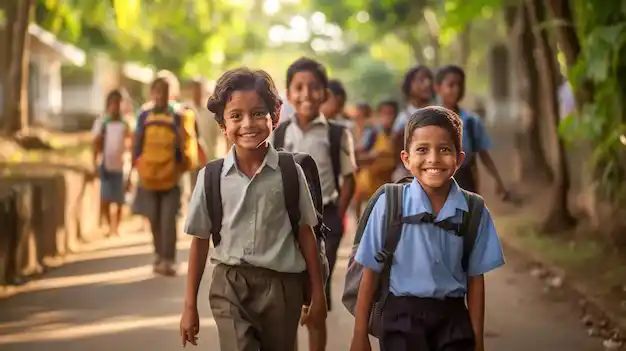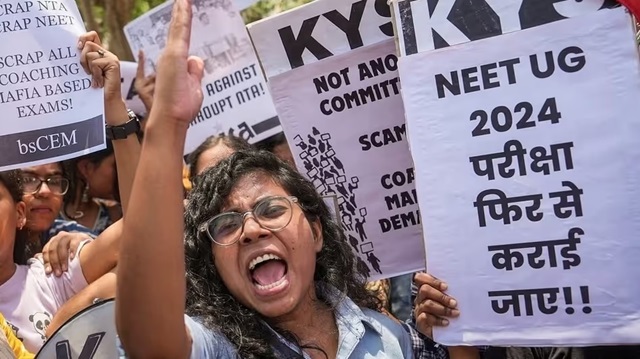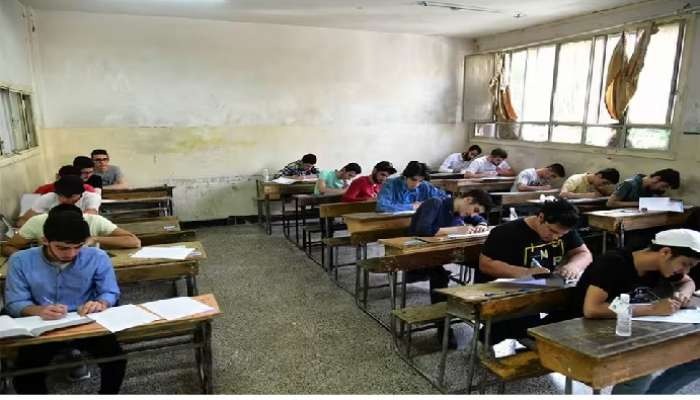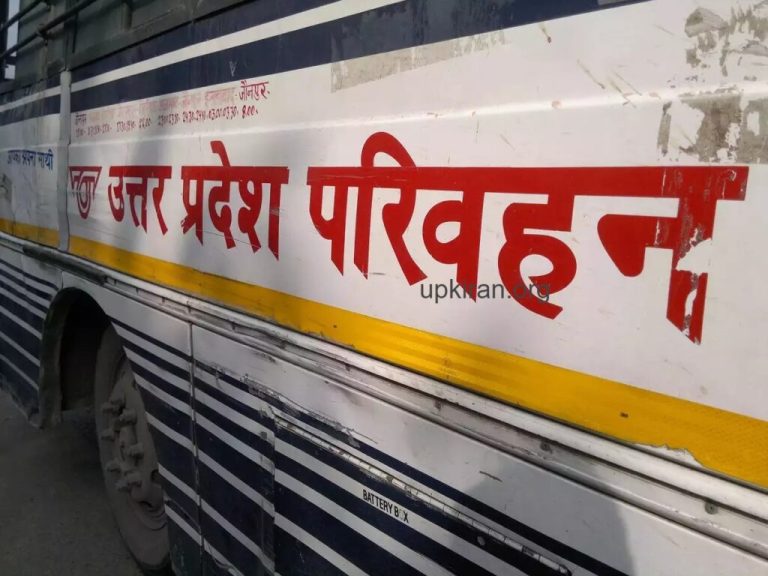Educationists Unite To Urge Political Parties, Prioritize Educational Development In Manifestos
This collective appeal, endorsed by prominent figures such as Bhalchandra Mungekar, Hemchandra Pradhan, Vivek Monteiro, Girish Samant, Vijay Naik, Pramod Nigudkar, social activist Mukta Dabholkar, senior journalist Shubhada Chaukar and actor Chinmayee Sumit, among others, seeks to address the critical need for educational reform in society.
At the heart of the appeal lies a bold resolution: allocating 6% of the gross domestic product (GDP) towards education by both central and state governments. Currently, the provision for education in the Maharashtra state budget falls drastically short, comprising less than 14% of the total expenditure and less than 2.3% of the state’s GDP. To rectify this disparity, the appeal advocates for a phased increase in the provision of school education, aiming to reach 25% of total expenditure within three years, ultimately constituting 4% of the state’s GDP by 2027.
Maharashtra: Education Sector Sees 9.8% Budget Increase, But Concerns Arise Over Allocation Distribution & Flagship Scheme Cutbacks
The appeal also highlights the need to connect pre-primary education with primary schools. It suggests that kindergartens should work closely with primary schools, and Anganwadis should be part of the same system. Some experts also suggest making separate laws for pre-primary education to ensure that it covers everything well and meets high-quality standards.
Prioritise Education
Neha Jagtiani, the principal of RD & SH National College, noted the value of this appeal, saying, “It is imperative to prioritise the enhancement of educational quality by investing in updated curriculum, modern teaching methods, and embracing innovation and technology. This includes leveraging digital learning platforms, integrating artificial intelligence, and utilising online resources to enrich teaching and learning experiences.”
Neha Jagtiani, Principal of RD & SH National College
Jagtiani further added the urgency of allocating a substantial portion of the budget to education, in the necessity of adequate resources for infrastructure, teacher training, curriculum development, and support services. This, she believes, will establish a strong base for ensuring equal access to quality education, addressing the pressing needs of the hour.
Parveen Shaikh, the principal of The Somaiya School, echoes Jagtiani’s views on improving education.
“The appeal’s stance on educational reform in Maharashtra is both urgent and essential. The visible decline in the state’s educational performance, as indicated by its fall in PGI (performance grading index) is alarming and needs a strategic and transformative intervention at the policy level as very clearly expressed in the appeal,” Shaikh said.
Parveen Shaikh, the principal of The Somaiya School
She stressed the proposal to integrate kindergartens with primary schools, enhancing teacher training and the comprehensive implementation of the right to free and comprehensive education as particularly compelling.
“The Maharashtra Government must work towards aligning its policies with NEP 2020 to enhance access, equity, quality, affordability and accountability. To elevate Maharashtra’s educational standing and to implement the suggestions given in the appeal, I fully support their call for allocating a significant portion of GDP to education and involving educational and philanthropic experts in the policy-making process,” she added.
Maharashtra: Despite Favouring Skill Courses, State Scores Low In Revamping Education System
The appeal proposed calls for the cancellation of a contentious government order permitting the transfer of schools to private entities. Additionally, it highlights the necessity of safeguarding the right to education for children of migrant workers, advocating for equitable access to education across geographical boundaries.
Radhika Rajgarhia, the principal of Ascend International School, proposed key points for inclusion in the manifestos.
“I recommend safeguarding schools from closure due to low enrollment, ensuring the maintenance of essential facilities as mandated by the Right to Education Act, and prioritising teacher training to enhance educational quality,” Rajgarhia said.
As Maharashtra gears up for political transitions, the appeal of educationists resonates as a clear call for change.






